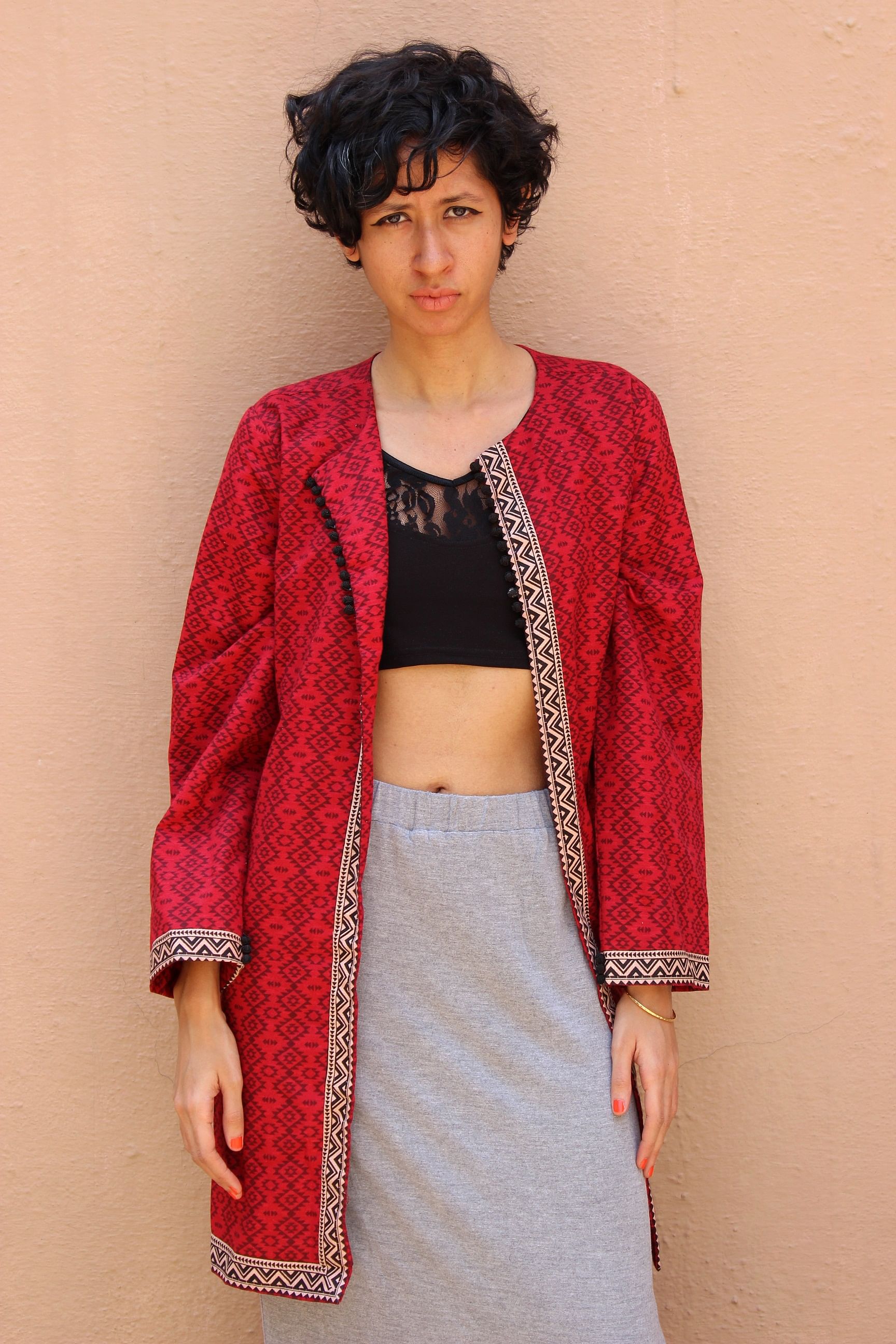In a bid to tap into the growing music culture in Bengaluru, Budweiser is hosting its signature music festival, BUDX, on May 18 at Fandom, Gilly’s Redefined, Koramangala. The day-long event will see performances by top artistes, as well as workshops, masterclasses and discussions. Madame Gandhi and Pardafash are headlining the event; they are known to address social problems through their music. In a chat with Metrolife, they talk about their style, future projects and more
'Indie scene is male-dominated'
Pardafash
Sandhya Visvanathan, who goes by her stage name ‘Pardafash’, is a vocalist, producer and songwriter.
Pardafash’s works comprise spoken word monologues. At the music fete, she will be performing a mix of love songs and protest music, looking specifically at gender-based violence and its normalisation.
Tell us about your musical style of spoken word monologues..
Growing up in JNU in Delhi, I noticed that in a lot of performances of folk protest music, or in music or theatre that had some kind of message, the artiste addressed the crowd. I remember watching Sheetal Sathe of Kabir Kala Manch perform in this way, where speech and music are intertwined. It’s important for me to talk about the personal context of where my music comes from, but also look at the larger picture of living in India.
I use love songs and political songs to address issues that I find troubling. I also love dance music, so with this combination, I express myself. The name of my act ‘Pardafash’ means an ‘exposé’ or to ‘unveil something’ or ‘to give the game away’.
About your debut EP.
I am part of Consolidate (a Bengaluru based record label and electronic music collective), and I will be releasing my EP through them. As of now, my live act is called ‘You Are What You Eat’, and my EP will be a translation of my performance.
Your thoughts on the independent music scene in India.
The independent music scene is extremely male-dominated. There aren’t many women or trans producers and DJs. We simply need more voices. Caste and class also dictate too much of who’s playing and has a voice, and who is the audience. We need more women organising events or parties, and more collectives that provide the community support/crew that you need as an artiste. We also need to hold powerful men in the music and event organising scene, who are known to be sexual predators, accountable.
It would also be good to have a greater Indian context entering our music. I also think that more artistes could be political in their work. I feel like we need to question, disturb, provoke and inspire ourselves and others with our art.
About your connection with Bengaluru.
I lived in Bangalore from 2011-15 while studying at The Srishti School of Art and Design in Yelahanka. During this time, I met many of the members of Consolidate, who I now regard as my family. I was part of Machli, an electro-acoustic band; they had a unique sound because of its use of samples from Indian films, acoustic guitars and my own autotuned vocals. I would say that I discovered my love for electronic music in Bengaluru. The members of Machli all dispersed after we finished college.
In 2018, I quit my job in Delhi and decided to move back to Bengaluru to pursue music and be a freelance designer.
What’s in the pipeline?
I desperately need to finish my EP and release it. I feel it is relevant and a depiction of me as an artiste at this particular historical moment in India.
‘Used math to predict patterns’
Madame Gandhi
Kiran Gandhi aka Madame Gandhi is a Los Angeles-based electronic music producer and drummer. Also an activist, Kiran’s music focuses on female empowerment.
You are an MBA graduate. How did music happen to you?
I remember wanting to work in the music industry when I graduated from college, but I knew that I wanted a real job. So, I interned at the digital marketing department of Interscope Records. I used my math degree to predict patterns in Spotify streams and YouTube views for all of the artistes signed to Interscope. It’s been empowering because I take the knowledge I learned while I was in the industry and then applied it to my career as an independent artiste.
Addressing gender equality with music...
From a young age, my parents encouraged me and my siblings to be independent and confident. All the women in my life were powerful, confident, strong and outgoing,
I noticed that in pop culture and media, women aren’t represented with that same sense of confidence. In music videos, I felt the women are represented as sexual objects or as two-dimensional versions of themselves.
I understood that discrepancy from a young age, and tried to make the world a better and safer place for all women and girls.
On electronic music scene in India.
I think the whole point and beauty of electronic music is that it’s just technology that’s played differently, based on the performer or creator. Music tech should be seen as a form of an instrument where the artiste is expressing themselves through the unique sonic production. The scene in India inspired me, which is why I’m back now. When I was touring in December 2017 and came across the scene in Bengaluru, it spoke to me because it was creative. I am here to work with a few folks to make another track.
Future projects.
I am about to put out my next EP called ‘Visions’. It’s the second instalment in a series of three. ‘Visions’ is about looking both introspectively and outside to imagine the world we wished that we lived in as well as the person we want to be. That selection of songs is near and dear to my heart, and it will come out in July.
